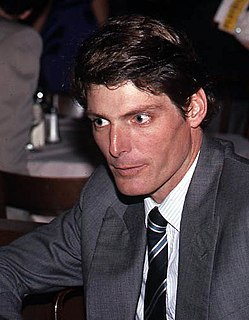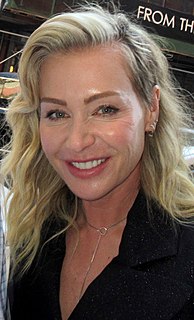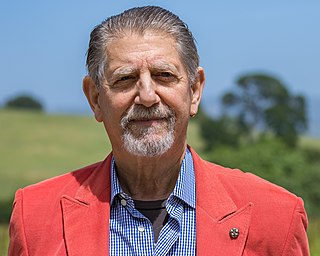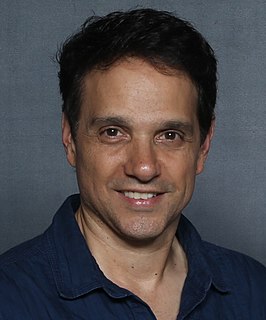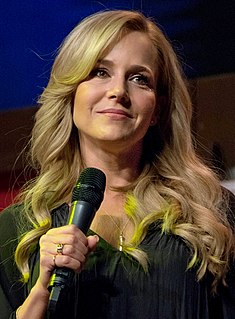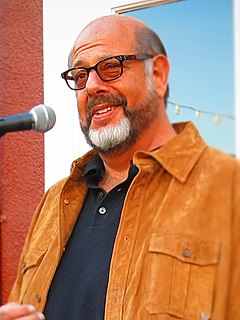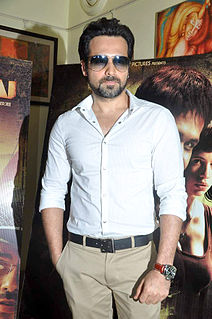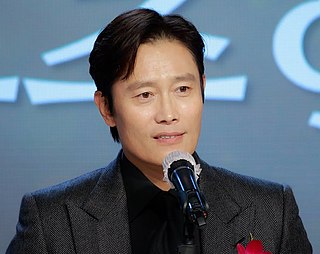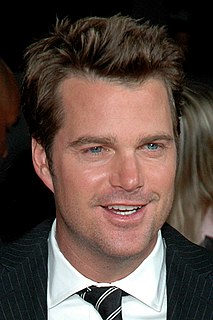A Quote by Christopher Reeve
When I first began acting, I assumed an intellectual responsibility attached to my profession, which I had accepted for a long time. My father taught me that an actor had to have a social and political conscience, and that the work that he does has to reflect from that.
Related Quotes
I began to see myself as someone who can help others understand diversity rather than feeling like a social outcast. Ellen taught me to not care about other people's opinions. She taught me to be truthful. She taught me to be free. I began to live my life in love and complete acceptance. For the first time I had truly accepted myself.
Quite honestly I never had a desire to be an actor. I tell people, I did not choose acting; acting chose me. I never grew up wanting to be an actor. I wanted to play football. In about 9th grade an English teacher told me I had a talent to act. He said I should audition for a performing arts high school so I did on a whim. I got accepted.
As an actor, it made me realize a really important lesson. I didn't have to put any spin on the ball as Rita [in Dexter]. All I had to do was speak. And there was such simplicity in that as an actor. With Debra, I was trying to put a square peg into a round hole, and it just didn't work, but in my mind, because I had to work so hard on it, I was, like, "Oh, this is acting!" But that's not acting.
Lee Strasberg told me I had talent. Real talent. It was the first time that anyone, except my father--who had to say so--told me I was good. At anything. It was a turning point in my life. I went to bed thinking about acting. I woke up thinking about acting. It was like the roof had come off my life!
Acting became important. It became an art that belonged to the actor, not to the director or producer, or the man whose money had bought the studio. It was an art that transformed you into somebody else, that increased your life and mind. I had always loved acting and tried hard to learn it. But with Michael Chekhov, acting became more than a profession to me. It became a sort of religion.
When my father began to work with President John. F.Kennedy, we moved to Washington, D.C. I was fortunate in my pre-adolescent years, as my social and political consciousness was developing, to live at the epicentre of that dynamic, idealistic, and inspiring moment in U.S. political history, with its ethos of personal and civic responsibility, summed up so succinctly in his exhortation: "Ask not what your country can do for you, but ask what you can do for your country."
I definitely had those moments, like any actor, when you get anxious and think, 'When am I going to work again?' But I would feel that way even when I had every offer in the world coming to me. Then I became a father and I felt a little more of the anxiety that came with the responsibility of being a parent.
